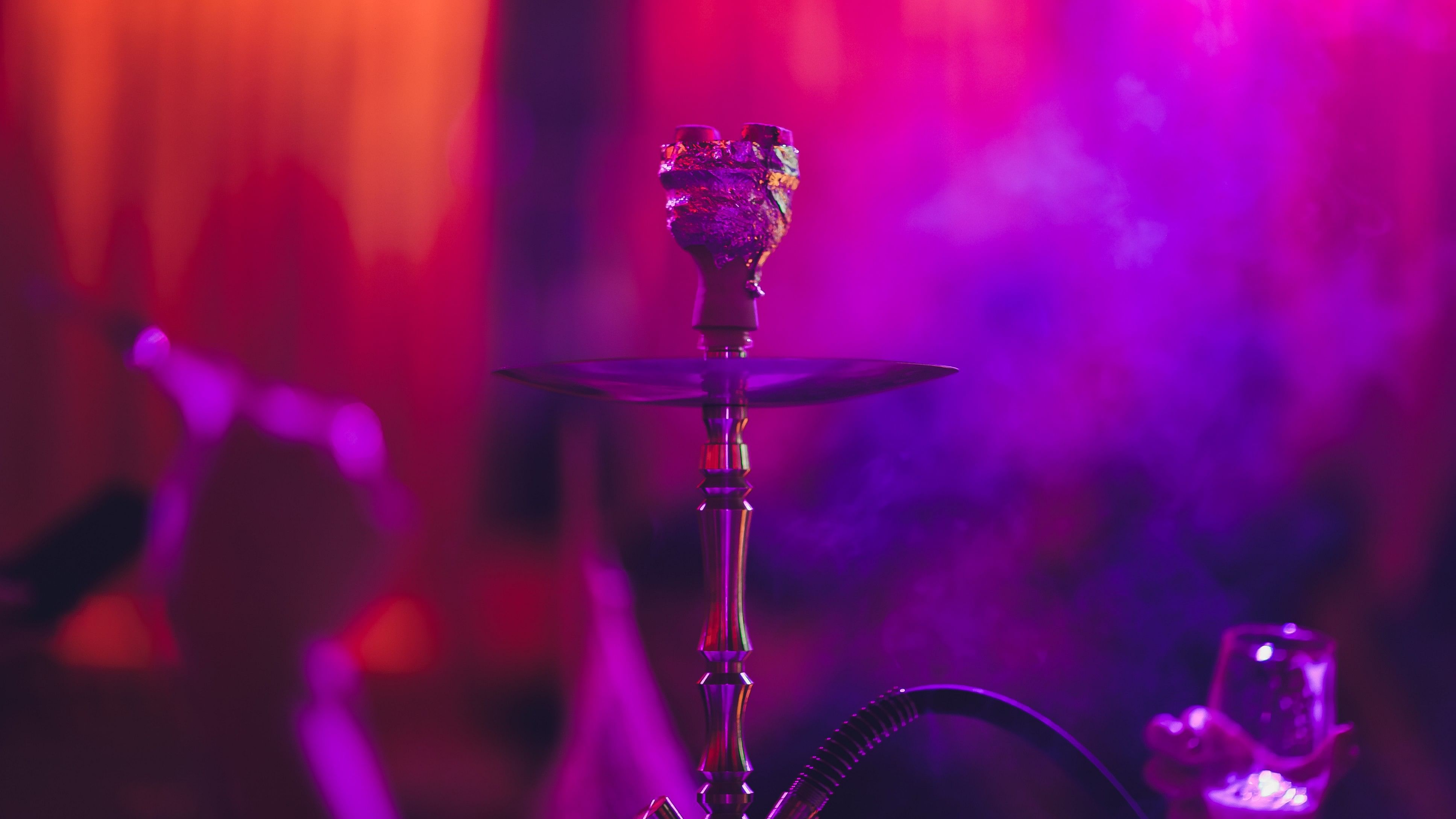
Representative Image.
Credit: iStock Photo
Health Minister Dinesh Gundu Rao on Thursday said the government was in the process of making changes to the Cigarettes and Other Tobacco Products Act (COTPA) to enforce a ban on hookah smoking in public places.
He announced the ban on Wednesday. “We are not banning hookah, but the use of hookah in public spaces. People are free to use it in their homes,” the minister told Metrolife.
Hookah is an instrument that uses charcoal, tobacco and water for smoking. Some also refer to it as shisha.
Earlier, Dinesh Gundu Rao had said the government was enforcing a ban because many hookah bars are a gateway for drugs.
Trade concerns
Owners of hookah bars Metrolife contacted spoke about loss of revenue, but refused to be named for this story.
A ‘shisha lounge’ on Church Street gets 30-40% of its revenue from hookah, while the rest comes from the food and drinks. The owner says hookah is what draws customers in.
“I don’t think shisha is a gateway to drugs. My friends and family smoke shisha and they don’t do drugs,” he says. He says, however, that he would support the raising of the minimum age for hookah smoking to 25.
He says the government should enforce the ban in a phased manner to give proprietors of hookah bars enough time to find other revenue streams.
“If it is phased out over five years, it will give us enough time to figure out alternative ways of making a living. We have invested crores in these cafes and taken loans. Our employees depend on us and we also have families to feed,” he says.
Nothing new
According to the manager of a hookah bar in S G Palya, “The government says something about shisha every year and there is nothing much we can do”. However, if the ban is enforced, he plans to go to court.
The owner of another hookah bar in S G Palya, explains, “We have been following all rules and regulations. We pay taxes. Still, only shisha cafes are being targeted.”
The establishment, frequented by college students, makes 50% of its revenue from shisha. “There are around 200-350 shisha cafes in Bengaluru and each has a minimum of 15-20 employees. If the government bans shisha cafes, all of them will be unemployed. What about their families?” he says.
‘Cool quotient’
A regular visitor to Mudpipe Cafe, which has multiple outlets in the city, believes the appeal of hookah bars lies in their reputation as ‘cool’ hangouts. “Young people feel that they are considered ‘cool’ if they are seen in such a place,” she says. The 25-year-old and her friends visit these bars at least once a week.
She says hookahs are an alternative to vaping and cigarettes, which she steers clear of.
Priyal S, a stock broker, visits hookah lounges once or twice a month. “I don’t drink coffee, so this is a good alternative to a cafe. One can spend hours sharing a pot or two of shisha,” she says.
HOW IT WORKS
Typically, a hookah set up has a jar at the base, filled with water. The base is connected to a stem, at the top of which is a bowl with tobacco. The bowl is covered in perforated aluminium foil. Hot charcoal placed in this bowl heats the tobacco and the air around it. When one sucks in through the hose, one is inhaling smoke that is cooled by the water. Typically, a pot of shisha costs Rs 850 to Rs 1,000.
HOOKAH IS UNSAFE, SAYS DOC
Dr Ritisha James, general practitioner, says that it is wrong to assume that the hookah is safer than cigarettes. “At the end of the day, it’s still nicotine,” she says. The highly heated charcoal releases carbon
monoxide, which has multiple side effects, and the tobacco juices can cause cancer, she adds. One hour
of smoking shisha amounts to 200 puffs, while a cigarette, which lasts for five to ten minutes, is 10 puffs, she
explains.